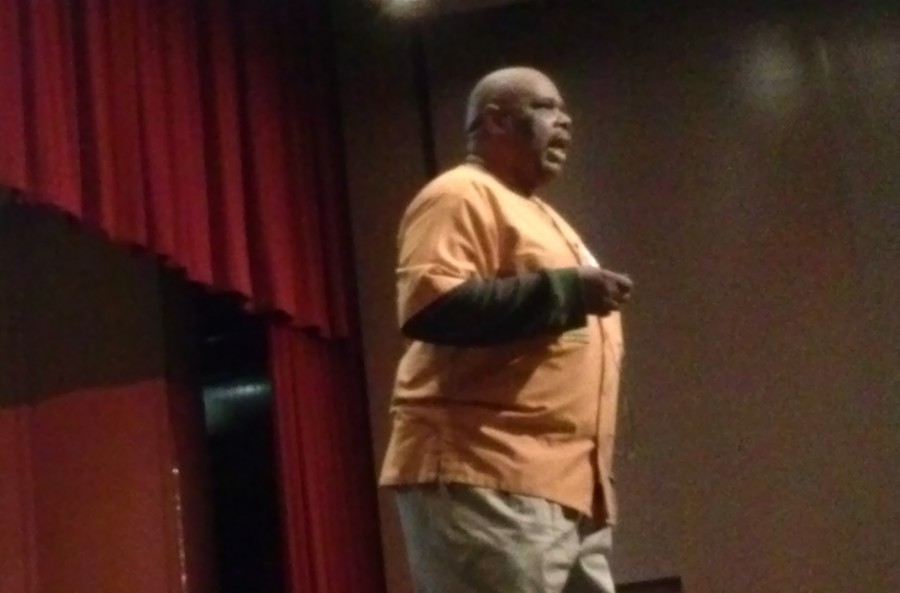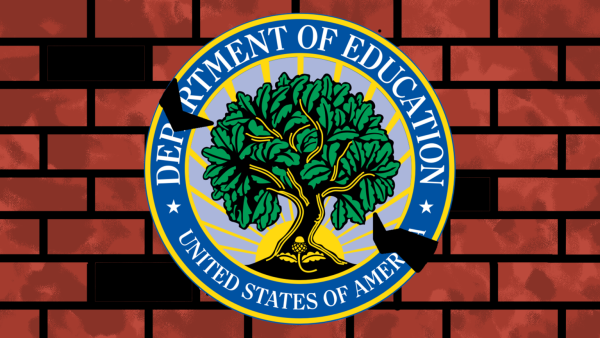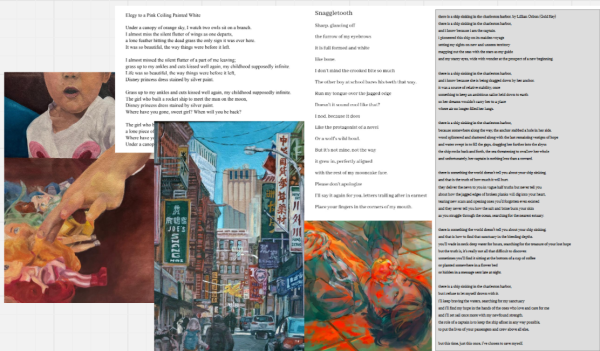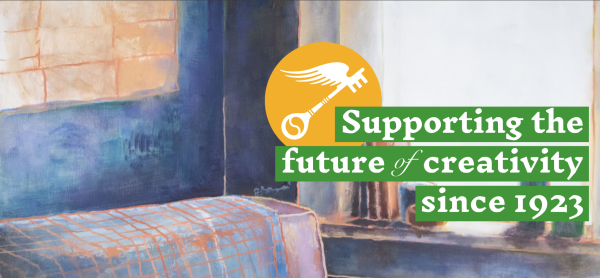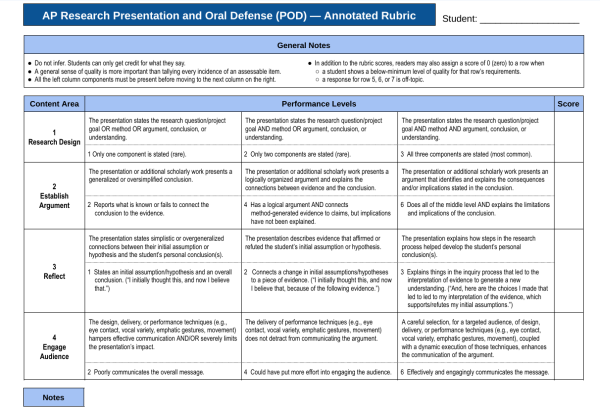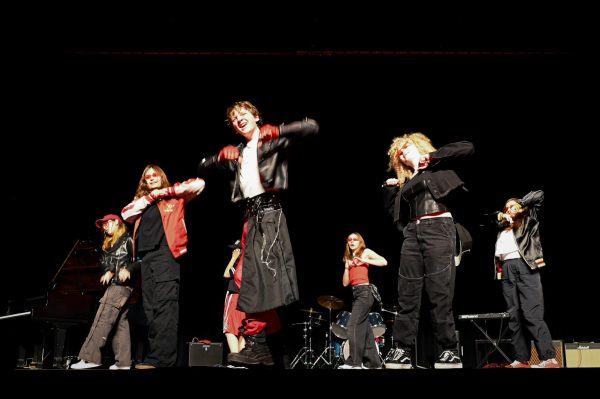Respect for the Real American Dream: Dr. Rupert Nacoste speaks at AMHS
“No man is an island,” Dr. Rupert Nacoste, Academic Magnet High School’s 2015 convocation speaker, spoke as he headed towards the center of the Rose Maree Myers stage. Dr. Nacoste has been teaching social psychology at North Carolina State University for twenty-seven years. Today, he taught AMHS students and teachers lessons about changing perceptions of diversity and social interaction in America and abroad. With an excerpt from a sermon by English poet John Donne, he introduced his lecture, “Respect for the Real American Dream.”
Nacoste reflected on his experiences growing up in the Jim Crow South. His eyes widened as he emphasized that segregation was law-enforced. Violent race riots, such as one he experienced himself in 1973 while serving on the USS Intrepid, reflected racial tensions.
“How have things changed?” he asked the student body. High schoolers responded: Integration, Civil Rights, a black president. One exclaimed, “We’re here right now!”
Now, signs of racial tensions and change still exist, but they are often more subtle. Nacoste brought up the example of slurs and stereotypes treated as jokes: Was a cartoon of President Obama as a chimpanzee “just a big joke?” Last May, the North Korean media published disparaging words about the President based on his mixed race. But where did these ideas originate? Nacoste believed that this was an example of “America exporting racial stereotypes to be used as slurs against America.”
He inquired again, “Is it a big joke?”
Though Americans may have disagreed with a political leader’s policy, was it right to disagree with a president because of skin color? Was it right for somebody to joke about Jacqueline Woodson’s watermelon allergy after she received an award for her memoir, Brown Girl Dreaming? Or for a sixteen-year-old in 2010 to make an announcement at Walmart for all black customers to leave the store?
Americans today are “confused because of dramatic social change,” Nacoste explained. People are experiencing “confusion and anxiety about prejudice, bigotry, and racism.” “None of us is without prejudice,” he stated. Growing up in Louisiana, he enjoyed a dish called Nutria. People recoiled in shock when he revealed that it was a type of rat, demonstrating prejudgment. However, while prejudice is natural to humans, Nacoste explained that it is unfair when it creates a “negative evaluation of a whole group of people” and leads to bigotry: the behavioral expression of prejudice by a word or deed. Finally, he clarified that “racism is never in a person,” even though people “want to put things at a personal level.” Instead, racism involves the “institutional and organizational” perpetuation of discrimination and prejudice.
He then turned around and faced the crowd, spreading his arms. “Welcome to the future. It ain’t coming. It’s here.” In America, neodiversity has replaced diversity at the level of black and white. Now, racial, ethnic, socio-economic, bodily-conditioned, gender, religious, and sexually-oriented groups are among the different categories that make up modern neodiversity.
In the past, legal segregation allowed people to easily determine “we” versus “they.” Now, people struggle to distinguish between “we” and “they,” and confusion and anxiety are starting to replace outright bigotry.
Students laughed as Dr. Nacoste recounted when a socially anxious stranger asked him, “How’s it going, brother-man?” One student in the front row cried, “Ooh!” and Nacoste laughed vivaciously as well. He continued, stating that it was an example of how anxiety affected social interaction, then warned, “Never try to interact with someone as a representative of a group.”
Back to the question, Is it just a big joke? Nacoste would reply, “No, it’s not just a joke. It has a history.” Jokes, he said, are “designed to divide and exclude…to emphasize us versus them.” Jokes about women in the workplace have been shown to increase gender discrimination because they suggest that it is acceptable to demean women. As for the “n” word, Nacoste asserted, “It’s not innocent. It’s not affectionate. It’s demeaning.”
He emphasized that we cannot wait for the world to change. Instead, we must lead change by showing respect for every member of a community and standing up to intolerance, bigotry, and stereotypes. The strategy is quiet but firm confrontation. Without arguing, being harsh, or telling others what to do, an individual can practice effective confrontation by saying, “I find it offensive. It hurts me.” But if an individual stays silent and does not confront, the slur or stereotype will be perpetuated; the silence will be assumed to mean approval and agreement. It’s a psychological phenomenon: when people let slurs pass, “it feeds hostility.”
Maya Lin once said that “the American Dream is being able to follow your own personal calling.” And in order to achieve this dream, Nacoste urged the younger generation to respect the world’s new neodiverse frontiers and emerge as interpersonal leaders.
Nacoste concluded in the powerful words of Martin Luther King, Jr.: “The greatest tragedy of this age will not be the vitriolic words and deeds of the children of darkness, but the appalling silence of the children of light.”
He was met with a standing ovation by the student body. Next, Principal Peterson thanked him for reinforcing Academic Magnet High School’s mission to build in students the potential to make positive contributions to the local and global community.
After Convocation, juniors had the opportunity to participate in a private Q&A with Dr. Nacoste, discussing topics such as affirmative action. His book, Taking on Diversity, is coming out in April 2015.
The crucial lessons on neodiversity and social interaction that we learned at this past Convocation have further prepared us to become adaptable, culturally aware citizens and leaders.



